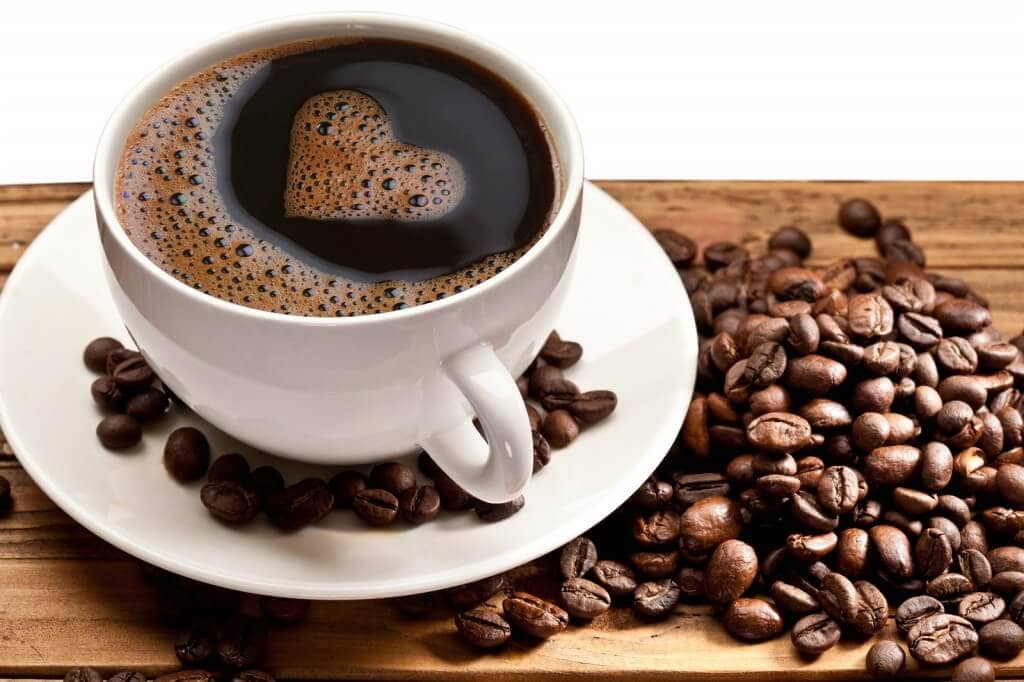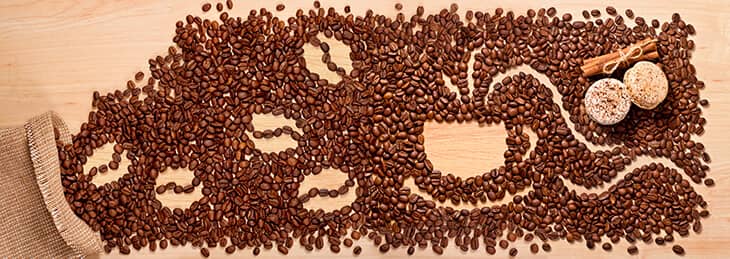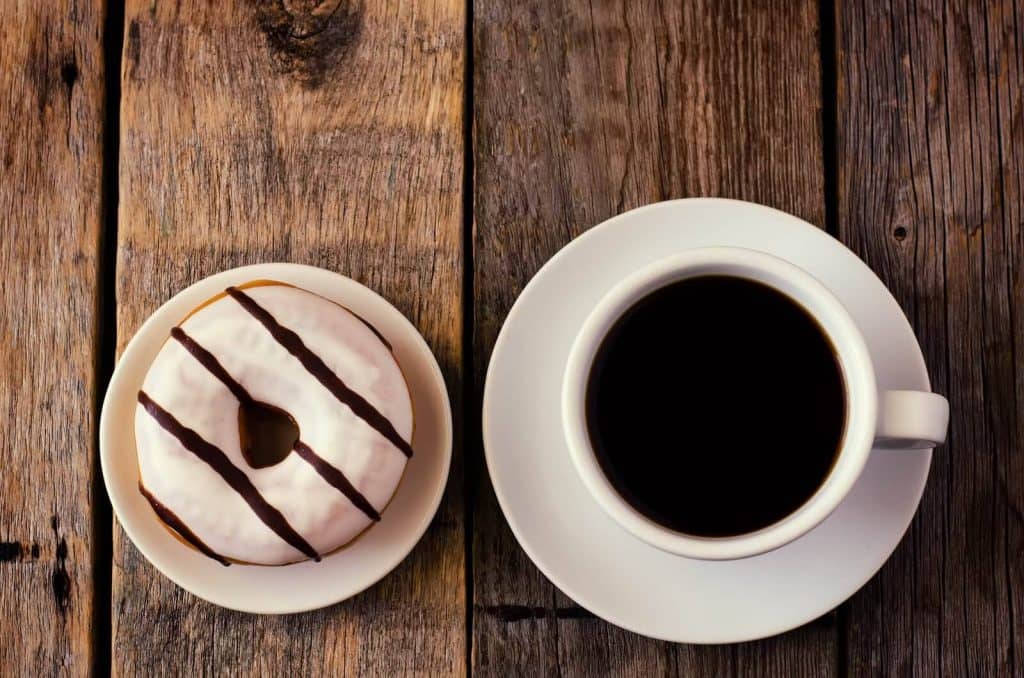Three Things You Need To Know About The Calories In Coffee
The actual calories in coffee are very nominal when this rich, aromatic brew is consumed black. Adding heavy creamers, sugar, syrup, whipped cream and other unhealthy ingredients, however, could cause this potentially beneficial beverage to derail even the best of weight loss plans. Following are three things that every person should know about coffee and its overall nutritional value.

Black coffee has just one calorie per every eight-ounce cup. Thus, people could conceivably drink significant quantities of coffee all throughout the day without gaining any weight. It is important to note, however, that the way in which coffee and its caffeine content impact the neurological and digestive systems plays an important role in determining metabolic functioning, the ability to burn fat effectively and the individual’s overall health. Although the calories in coffee are relatively low, the impact of this beverage on any weight loss plan can be major.

1. Dressing Coffee Up Changes Its Caloric Content Considerably
It is also vital to understand that very few consumers are choosing to drink their coffee black. It is not uncommon for people to purchase coffee and coffee-flavored beverages in quantities that far exceed the body’s ability to metabolize caffeine effectively. For instance, some consumers are routinely drinking 20 to 24 ounces of coffee in a single setting. Moreover, these beverages are loaded with syrups or other sweeteners and milk or heavy creams. Some are even topped with massive quantities of whipped cream and then drizzled with chocolate or caramel sauces.
In these instances, people are no longer drinking low-calorie beverages, but are instead consuming massive desserts. A large, blended coffee drink from a specialty coffee shop can contain as many as 410 calories, 9 grams of saturated fat and 66 grams of carbohydrates. This is astronomical when compared to just 1 calorie in black coffee, 0 grams of fat and 0 carbohydrates.
2. Coffee Provides A Surprising Array Of Health Benefits
In addition to the fact that there are very few calories in coffee when this beverage is served black, there is also a surprising array of health benefits that this drink can provide. For instance, moderate consumption or between one and five cups per day may reduce a person’s risk of developing Alzheimer’s disease and certain forms of age-related dementia. In fact, some studies have shown that moderate coffee consumption can have an instant impact on mental acuity and alertness. People tend to feel sharper and can often focus easier after having had a mug of java.

The antioxidant compounds in coffee may additionally be helpful for staving off type 2 diabetes. The quinides and chlorogenic acid that coffee contains help to increase sensitivity to insulin in the blood cells. This in turn, regulates blood sugar. This, however, is only a benefit that is gained from frequent consumption, which is in excess of four cups of coffee per day. Moreover, the drink should not be heavily laden with sugar, whipped cream or heavy creamers.
3. Excessive Consumption Can Have A Negative Impact On A Person’s Overall Health
Given the fact that there are so few calories in coffee, black coffee has been a preferred beverage among dieters for many years. This is also due to its ability to suppress the appetite. Unfortunately, excessive consumption of this drink can significantly increase a woman’s likelihood of developing osteoporosis. The dehydrating effect that coffee has on the skin also expedites the development of fine lines and wrinkles, thereby causing people to display the signs of aging earlier than they might otherwise.

One of the most important things to know about coffee and the dangers of drinking too much of it, however, is the fact that this beverage can throw a weight loss plan off track in almost no time at all. This is true even when people are not ordering specialty drinks that have whipped toppings and caramel drizzles. Caffeine produces intense blood sugar fluctuations that will invariably lead to hunger. It is also important to note that too much caffeine can cause people to feel wired, jittery and anxious. These are emotions that are commonly associated with excess Cortisol production. This hormone leads to the storage of belly fat and can make it hard for people to get rid of fat stores in this common trouble zone. Thus, while coffee is not known for having a lot of calories, drinking too much of this brew could make it difficult for people to lose weight.

